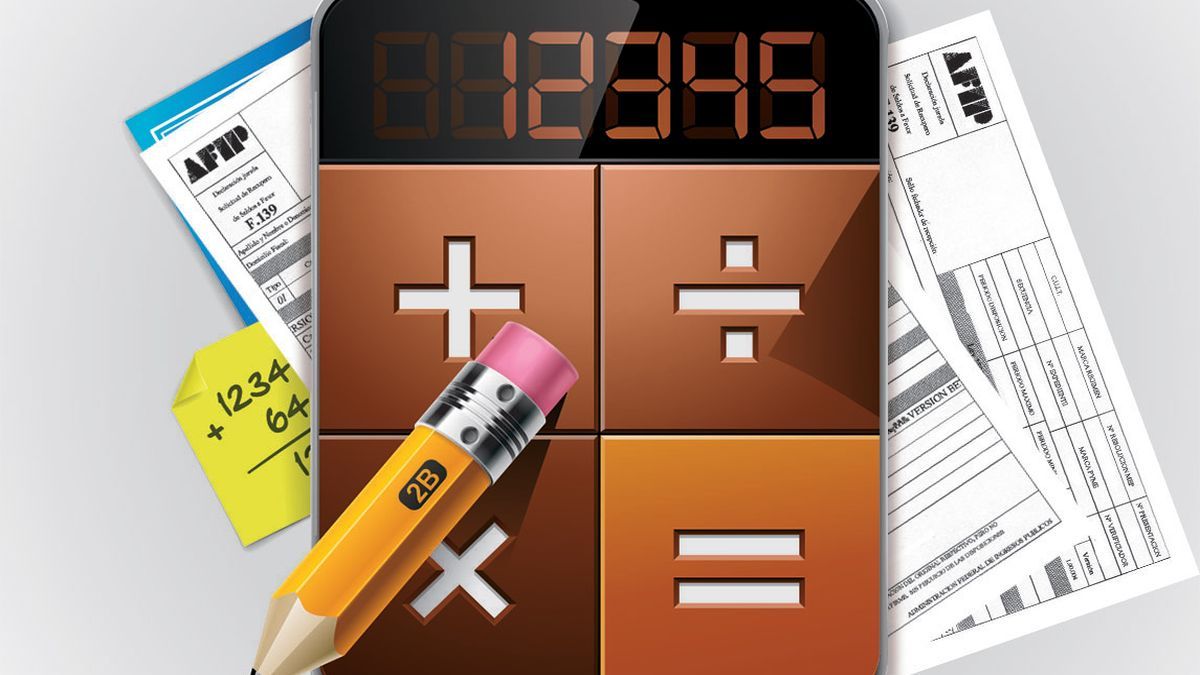If you dare to undertake and carry out trade, as a basis you must be registered in some invoicing regime, be it the Simplified Monotax Regime or the General Regime. If we start with a simple regime, we have month by month, the payment of the compound tax of the regime; the monthly payment of the IIBB, if we rent a place, we must pay the stamp tax on the value of the locative canon; if we also generate employment, we must register for the respective social security tax “SS contributions” and pay monthly social charges. If we start with a larger undertaking, we are already talking about a broader regime in which monthly, we must add the value added tax, the self-employment payment and the annual earnings, the IIBB, the stamp tax and social charges if we have employees.
The same situation is suffered by those who undertake an SME with a corporate model under the figure of an SRL, the same taxes as the simple regime, plus the companies themselves.
Likewise, if we are lucky enough to have personal property, and it exceeds the non-taxable minimum, we must pay the respective rate.
On the other hand, if we carry out trade within the country, we are also subject to municipal and/or provincial taxes of each jurisdiction.
We must not forget to add the ordinary taxes that we pay every month as fees and taxes for any activity.
Given that any person who engages in commerce requires a bank account, we are obliged to pay stamp tax and check taxes for bank operations as well as suffer withholdings and/or tax perceptions.
In Argentina we have 82 taxes at the municipal level, 40 at the national level and 41 at the provincial level, 163 taxes in the country, thousands of regulations and a bureaucracy that devours us every day.
Taxes in Argentina can be grouped into four groups:
1) To goods and services: Within this group, the largest tax is the value added tax or as it is known by its acronym “VAT”. This tax, of regressive and disproportionate characteristics, directly affects the lower-income sectors that consume the greatest amount of primary basic services. We also find in this group the tax on alcoholic beverages, fuel, cigarettes, among others.
2) To income, benefits and capital gains: Here we have the imprecise income tax, created by Law No. 20,628, a national and annual tax that is levied on obtaining an income or salary, whether for individuals and/or legal entities. When I point to the imprecise, I mean that within individuals we have the misnamed or applied tax that reaches the fourth category of the income tax law, this is private or public employees and unfortunately retirees. From here it becomes that within this category are contributions to social security, a necessary but distorting, suffocating and inequitable tax.
3) To property and wealth: Within this group we can find taxes such as personal property and real estate, but this category is very dynamic and volatile since we are used to the creation of new taxes, which are born temporarily and extraordinary in a given financial economic context and then remain fixed. in our tax system.
4) To international trade and transactions: Here we are going to find the tariffs on imports and exports, socially called “withholdings”. Also the aliquot percentage of the most important primary products, soybeans, corn, wheat, among others.
As we can see, this enormous tax structure presents high degrees of regressivity. What does this mean? That more is charged to those who have less. Also, it has a characteristic distortivewhich affects the market prices of the different products without any criteria of public order, and of course and the most important and dangerous thing is the high degree of informality of the Argentine economy.
It seems that the Minister is not habitual in paying taxes, yes, we have to suffer, every 30 days, at least, all Argentines.
Source: Ambito




